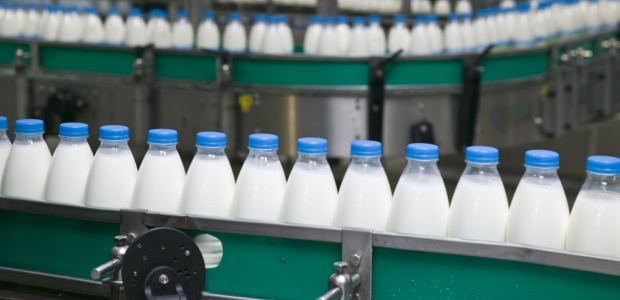
FDA Proposes Food Defense Rule to Answer Deliberate Contamination
The proposed rule published Dec. 24 is the sixth issued this year to fulfill the FDA Food Safety Modernization Act. This is the first time FDA has proposed a regulatory approach for preventing intentional adulteration of the U.S. food supply.
Issuing its sixth proposed rule this year to fulfill the FDA Food Safety Modernization Act, the U.S. Food and Drug Administration has drafted a rule that would require the largest food businesses in the United States and abroad to take steps to prevent their facilities from deliberate attempts to contaminate the food supply. While FDA noted it is unaware of an event where food was contaminated "with the goal of inflicting massive public health harm," the proposed rule notes some instances of intentional harm via food.
The rule cites a 1984 attempt by a religious commune's members in The Dalles, Ore., to prevent the general public from voting in the local elections, and the method was intentionally contaminating food in restaurants with Salmonella. A total of 751 people became ill and 45 were hospitalized. In a 1996 incident, 12 laboratory workers at a large medical facility in Texas became ill from consuming anonymously donated pastries that were intentionally contaminated with Shigella dysenteriae type 2, and in 2009, 49 people reported gastrointestinal and neurological symptoms after eating meals at a restaurant in Lenexa, Kansas; an investigation concluded their illnesses were caused by methomyl (an insecticide) poisoning in the restaurant's salsa. Two former employees of the restaurant were found guilty of intentionally contaminating the salsa, according to the rule.
This is the first time FDA has proposed a regulatory approach for preventing intentional adulteration of the U.S. food supply.
"The goal is to protect the food supply from those who may attempt to cause large-scale public health harm," said Michael R. Taylor, FDA's deputy commissioner for foods and veterinary medicine. "Such events, while unlikely to occur, must be taken seriously because they have the potential to cause serious public health and economic consequences. The FDA's goal is to devise an approach that effectively protects the food supply in a practical, cost effective manner."
The proposed rule will require large food facilities to have a written food defense plan that addresses significant vulnerabilities in their processes. "Facilities then would have to identify and implement strategies to address these vulnerabilities, establish monitoring procedures and corrective actions, verify that the system is working, ensure that personnel assigned to the vulnerable areas receive appropriate training and maintain certain records," according to FDA's news release.
The rule wouldn't apply to farms or food for animals. FDA proposed staggered implementation dates based on business size, ranging from one year to three years after publication of the final rule. Public comments on the rule are being accepted until March 31, 2014.